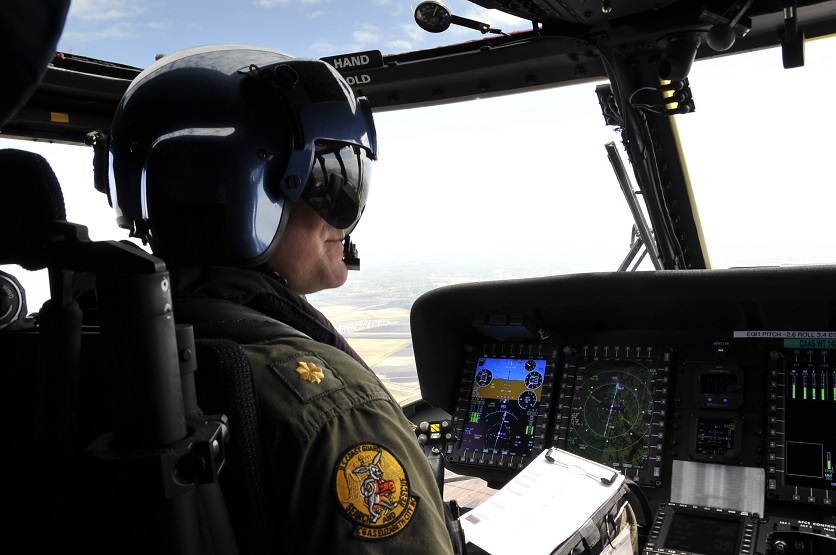This post is also available in:
 עברית (Hebrew)
עברית (Hebrew)
The US Defense Department has been unable to find a root cause for pilots experiencing hypoxia-like symptoms — disorientation, shortness of breath, confusion and wheezing, among other manifestations. A team of experts, part of the US Air Force’s Physiological Episodes Action Team, or AF PEAT, recently held a hackathon aimed at finding solutions to the physiological phenomena that continue to plague pilots.
“We’re moving from a null set of data regarding humans in the loop, to an overwhelming big data challenge,” said Brig. Gen. Edward Vaughan, the AF PEAT team lead. “We will lean heavily on industry experts to help us collect, model and apply these data,” Vaughan said of Google’s participation. A Google solutions architect, gave a presentation on how machine learning and A.I. could aid the process.
During the hackathon, AF PEAT members reviewed “coordination and communication between research, sensor development, and system improvements/redesign from the T-6 Texan II level, across other aircraft, and all the way up through Department of Defense level,” a release states, according to military.com.
The event emphasized a renewed focus on people. “Physiological episodes happen to people, not equipment,” said Jennifer Farrell, chief engineer for the Air Force Life Cycle Management Center Human Systems Program Office. “We must focus on design that enhances the human element.”
Earlier in 2018, Google announced it would not pursue another contract with the Pentagon’s Project Maven — an AI system that sifts through collected drone and surveillance data — after the current agreement expires in 2019. Company employees reportedly voiced concerns about their work being used by the military for deadly warfare.


























